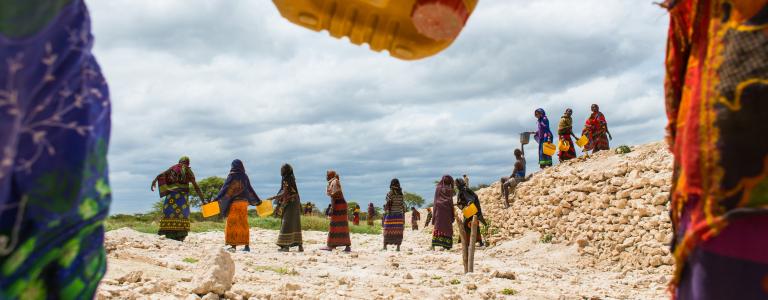Climate Change Adaptation
Societies have always lived with climate risk, but now these risks are changing. We work with governments and local organizations to accelerate efforts to adjust to the current and anticipated impacts of climate change.
Climate change is increasing uncertainty about where cyclones, floods, and other climate crises will occur, when, for how long, and at what level of intensity. Combined with other human-driven processes, such as urbanization and deforestation, the ways in which climate affects our socioeconomic and ecological systems are changing. Efforts are needed to develop new approaches that challenge the underlying economic, demographic, political, and environmental factors that increase vulnerability to these changing climate risks.
Our work in climate risk management and adaptation in developing countries and Canada aims to help decision-makers devise policies and programs that will be sustainable over the long-term. Through participatory approaches that bring together local knowledge and scientific information, our experts develop the strategies, tools, and policy advice needed to respond effectively to the impacts of a changing climate on livelihoods, cultures, economies, and the environment. Finally, our work has also helped identify the role adaptation efforts play in peacebuilding and gender equality.
IISD serves as the secretariat for the National Adaptation Plan (NAP) Global Network, has partnered in the development and use of the Community-based Risk Screening Tool – Adaptation and Livelihoods (CRiSTAL) and its specialized versions, and works to enhance the implementation of nature-based climate solutions for adaptation with the Nature for Climate Adaptation Initiative.

NAP Global Network
The NAP Global Network helps vulnerable countries plan for the long-term effects of climate change and take action to succeed in the face of them.

CBA SCALE+
The Community-based Adaptation: Scaling-up Community Action for Livelihoods and Ecosystems (CBA SCALE+) project works with local authorities, communities, and policymakers in Southern Africa and beyond to scale up CBA approaches that are nature-based, gender-responsive, and fair.
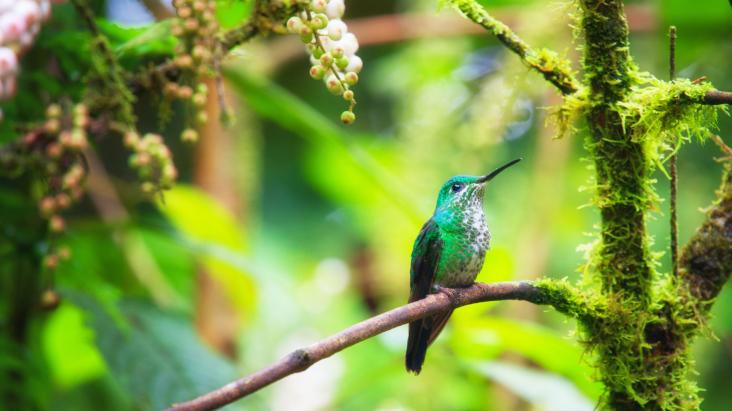
Climate Adaptation and Protected Areas Initiative
The Climate Adaptation and Protected Areas (CAPA) Initiative aims to use nature-based solutions (NbS) to strengthen climate resilience and protect biodiversity in and around protected areas in the Kavango-Zambezi and Greater Virunga landscapes in sub-Saharan Africa, Belize, and Fiji.
Related Projects

Evidence on Gender, Equity, and Justice for Effective Adaptation
This project summarizes key messages on gender, equity, and justice from the latest Intergovernmental Panel on Climate Change (IPCC) report, making them accessible to adaptation practitioners.
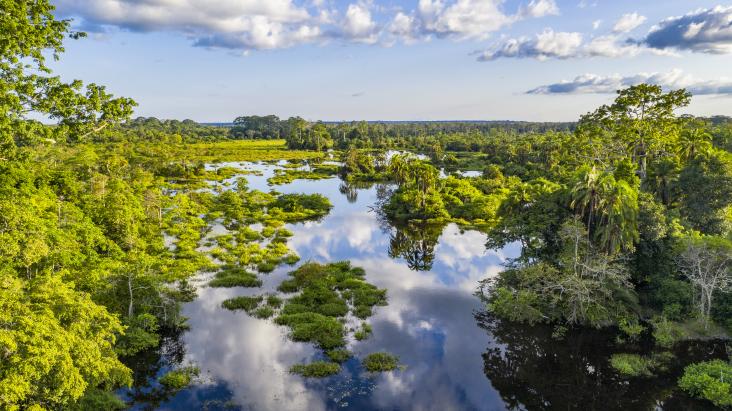
Nature for Climate Adaptation Initiative
A new initiative aims to support nature-based climate action that protects livelihoods and biodiversity in the most vulnerable parts of the world.

SUNCASA | Resilient Cities. Natural Solutions.
Scaling Urban Nature-based Solutions (NbS) for Climate Adaptation in Sub-Saharan Africa (SUNCASA) is a 3-year project that aims to enhance resilience, gender equality, social inclusion, and biodiversity protection in urban communities in Ethiopia, Rwanda, and South Africa.
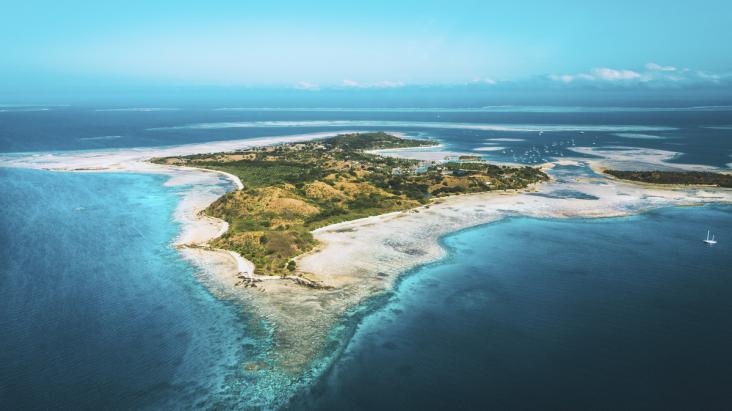
AQUA-Pearl
A new project will help communities in Fiji build their resilience to climate change through nature-based approaches to oyster aquaculture.
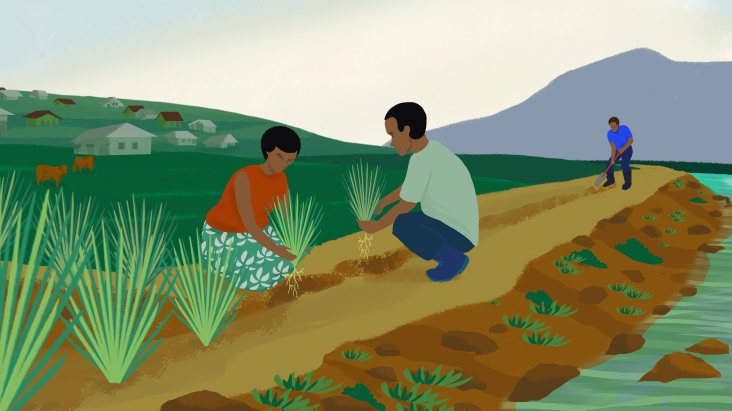
Planting for Resilience
Scaling Up the Adoption of Ecosystem-Based Adaptation Using Behaviour-Centred Design: The case of vetiver grass for riverbank erosion control in Fiji

CRiSTAL Community-based Risk Screening Tool
CRiSTAL is a project-planning and management tool that helps users to integrate risk reduction and climate change adaptation into their community-level work.
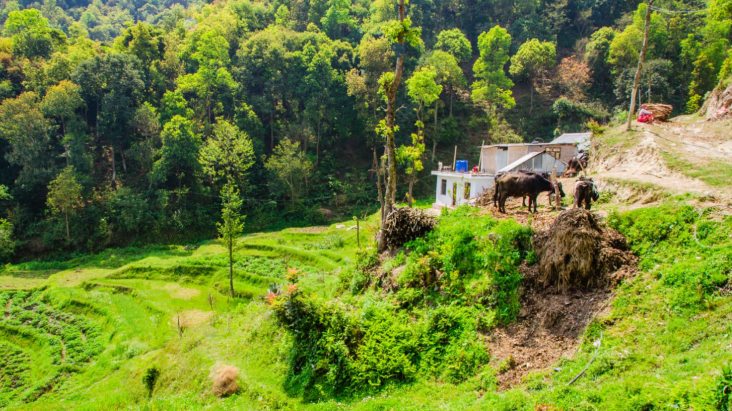
ALivE - Adaptation, Livelihoods and Ecosystems Planning Tool
ALivE is a tool designed to help organize and analyze information to plan effective ecosystem-based adaptation.
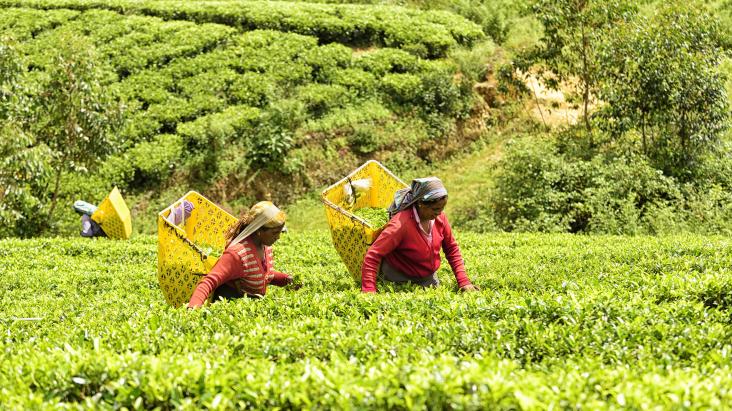
Advancing Alignment for Climate-Resilient Development
IISD has published three briefs introducing the concept of alignment and outlining entry points for countries to get started in aligning different policy processes.
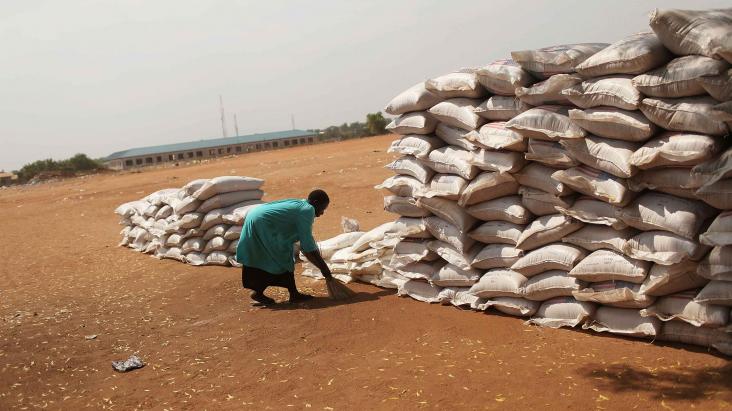
Mobilizing Development Finance for Strategic and Scaled-up Investment in Climate Adaptation
Helping multilateral development banks scale up investments in actions that align with country-defined adaptation priorities.

IISD Next: Campus Workshop Series on Sustainability
A free workshop series on sustainability to educate and empower youth worldwide with tools on policy, sustainable development goals, and more.
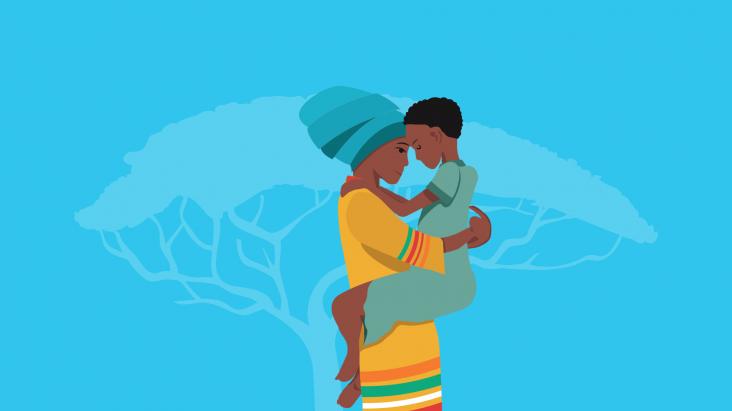
Climate Change and Sexual and Reproductive Health and Rights: Exploring the Linkages
How can we ensure that climate action works hand in hand with efforts to realize sexual and reproductive health and rights (SRHR)?
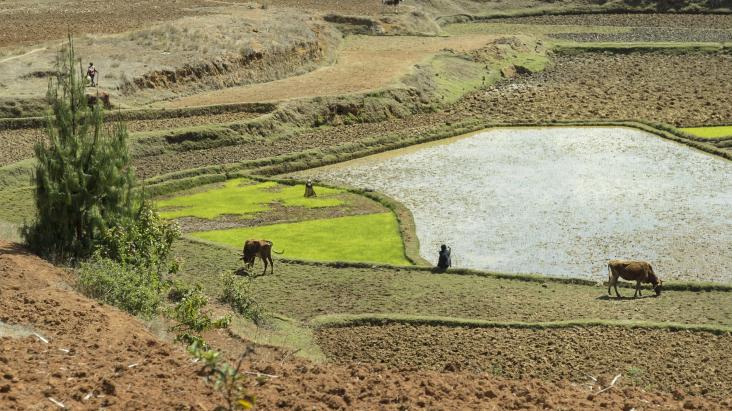
Adaptation of Agricultural Value Chains to Climate Change in Madagascar
Working toward the sustainable financing, realization, and scaling of prioritized climate adaptation measures in Madagascar’s agricultural sector.
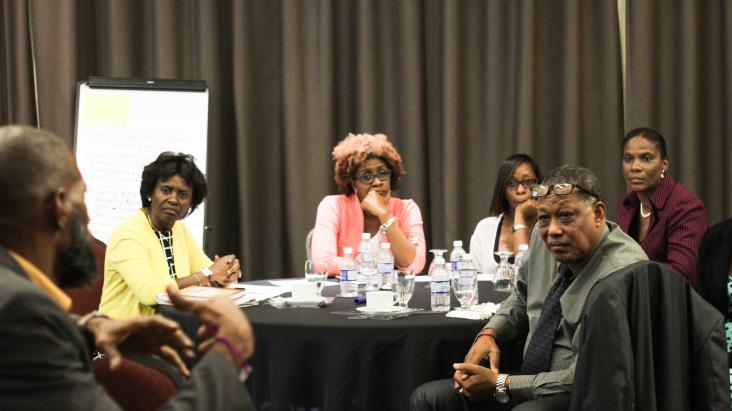
Gender-Related Knowledge, Attitudes, Behaviours, and Practices (KABP) Analysis of Climate Change and Disaster Risk Management Coordination Mechanisms in the Caribbean
Individual and institutional biases and discriminatory behaviours related to gender can undermine progress on gender-responsive climate change adaptation and disaster risk management (DRM). Changing attitudes and practices in key institutions can lead to more equitable outcomes on the ground.
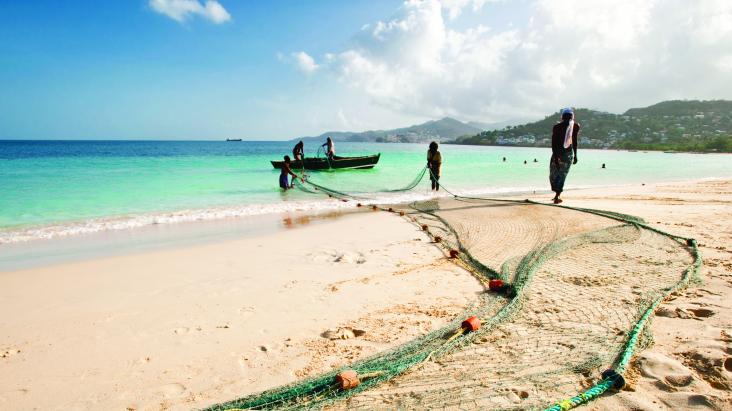
Enhancing Caribbean Civil Society’s Access and Readiness for Climate Finance
The small island developing states (SIDS) of the Caribbean region are disproportionately vulnerable to external economic shocks and natural disasters that can instantly erase years—if not decades—of development gains. However, accessing climate finance remains a challenging process for many governments and organizations working in the region.
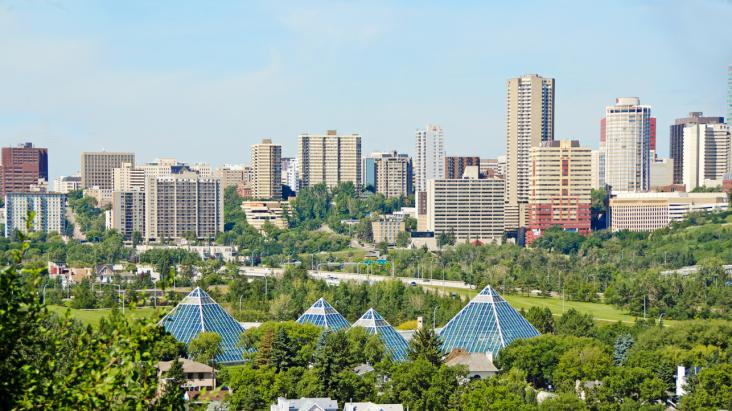
Building a Climate-Resilient City
Well-planned adaptation measures in Alberta can improve the quality of urban life as well as protect infrastructures, strengthen community ties, and improve economic performance.
Experts

Anne Hammill
Associate Vice-President, Resilience

Alec Crawford
Director, Nature for Resilience

Angie Dazé
Director, Gender Equality and Social Inclusion for Resilience

Orville Grey
Head of Secretariat, NAP Global Network

Jo-Ellen Parry
Deputy Director, Resilience

Juliet Perry
Communications Manager

Julie Dekens
Principal Researcher

Emilie Beauchamp
Lead, Monitoring, Evaluation, and Learning for Adaptation to Climate Change

Mauricio Luna Rodríguez
Senior Policy Advisor, Climate Change Adaptation Governance

Anika Terton
Senior Policy Advisor and Lead

Veronica Lo
Senior Policy Advisor

Christian Ledwell
Knowledge Manager, NAP Global Network
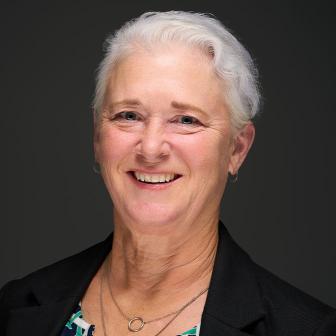
Deborah Murphy
Senior Associate

Blane Harvey
Associate

Samantha Boardley
Associate
Latest
You might also be interested in
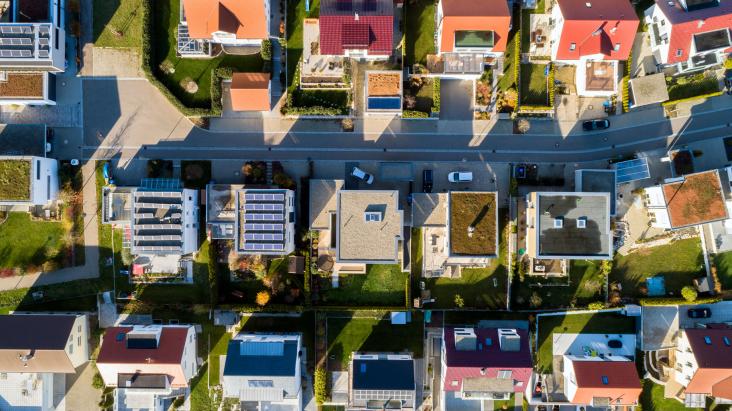
Climate Change Mitigation
Tackling climate change requires urgently reducing greenhouse gas emissions to minimize the impacts on our societies, economies, and ecosystems.
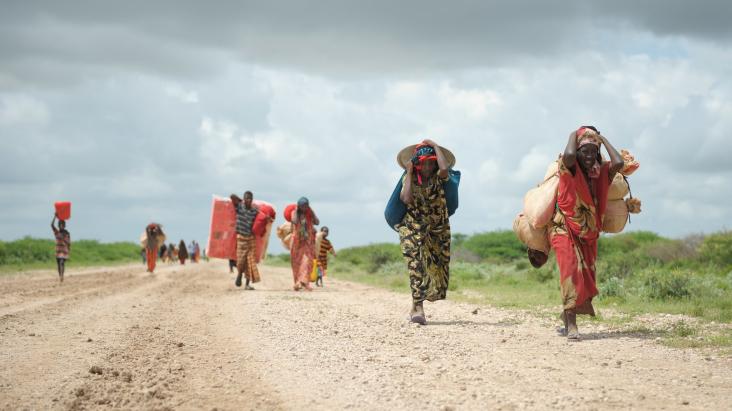
Environment, Conflict and Peacebuilding
Natural resource management and other environmental factors are linked to violent conflicts in a variety of complex ways.
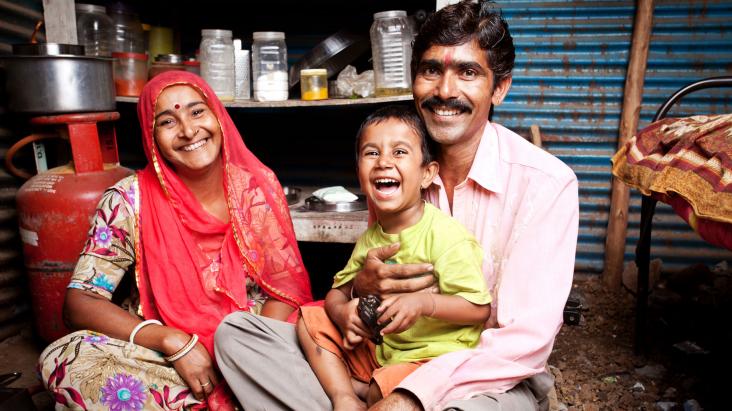
Gender Equality
For development to be sustainable and effective, the needs of all people must be considered.
